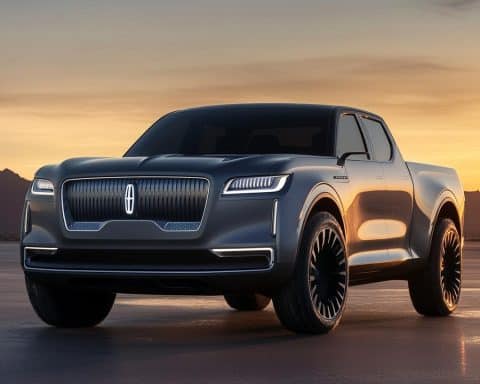India is set to enhance its regulations concerning electric vehicle (EV) manufacturers and charging infrastructure, with new measures anticipated to take effect by April 2025. According to reports, these fresh regulations will establish stringent guidelines for local manufacturing and assembly processes that are essential for companies to qualify for government subsidies.
Under the upcoming phased manufacturing program (PMP) associated with the PM e-DRIVE subsidy initiative, original equipment manufacturers (OEMs) will be mandated to significantly increase their local sourcing and assembly of various essential sub-components. The guidelines specify that manufacturers of electric two-wheelers, three-wheelers, and buses must ensure that a substantial portion of their components are sourced domestically.
This marks a departure from the previous Fame-II subsidy scheme, which allowed a considerable amount of imports. Officials emphasized the importance of promoting rapid EV adoption while ensuring that localization remains a priority. There is a clear intent to balance manufacturing ease with the need to reduce reliance on imported components.
In addition to the localized sourcing of pivotal parts like electronic throttle systems and motors, the new regulations may expand to include non-PMP components such as tyres and suspension systems, further bolstering domestic industry. The proposals also aim to combat false claims by EV manufacturers regarding their localization efforts, addressing challenges that previously plagued incentive programs. Finalized regulations are expected shortly, following consultations with industry and governmental stakeholders.
Essential Tips and Life Hacks for Electric Vehicle Enthusiasts
As India gears up for significant changes in electric vehicle (EV) regulations, especially concerning local manufacturing and charging infrastructure, it’s a timely opportunity to equip current and prospective EV owners with useful tips, life hacks, and interesting facts to enhance their experience. Here are some insights that can help you navigate the growing EV landscape effectively.
1. Understand the Charging Options
Familiarize yourself with different types of EV charging stations: Level 1 (standard home outlets), Level 2 (faster charging at home or public stations), and DC fast charging (available at select locations). Knowing where each type is located can greatly influence your travel and charging strategies.
2. Track Your EV’s Range
Always be aware of your vehicle’s range and plan your route accordingly. Use apps designed for EV drivers to find charging stations along your route to help eliminate any “range anxiety.” These apps often provide real-time availability of charging spots.
3. Utilize Regenerative Braking
Make the most out of regenerative braking features found in many EVs. This system converts some of the energy spent on acceleration back into electricity, which can enhance your vehicle’s range. Use this feature in deceleration and stop-and-go traffic for better efficiency.
4. Opt for Home Charging Solutions
If you’re an EV owner, consider installing a Level 2 home charging station. It can be a great investment for both convenience and efficiency, allowing you to charge your vehicle overnight. Many states offer incentives for the installation of home charging stations.
5. Keep Your Battery Healthy
To prolong your EV’s battery life, avoid letting the battery charge drop too low frequently. Experts recommend keeping your charge between 20% and 80%. Also, if your vehicle supports it, try scheduling charging for off-peak hours to save on electricity costs.
6. Stay Informed About Government Incentives
Keep yourself updated on government subsidies and incentives, especially with the new regulations coming into effect in April 2025. Being aware of the latest programs like PM e-DRIVE can help you take advantage of financial support for purchasing or charging infrastructure.
7. Participate in Local EV Forums
Join local EV enthusiast communities and forums. Engaging with other EV owners can provide you valuable insights into maintenance, troubleshooting, and the latest advancements in EV technology.
Interesting Fact:
Did you know that the production of electric vehicles significantly reduces greenhouse gas emissions? Research shows that even when accounting for the emissions produced during electricity generation, EVs still have a lower carbon footprint compared to conventional vehicles.
By embracing these tips and staying informed about the changing landscape of electric vehicle regulations in India, you can significantly enhance your EV driving experience while contributing to a more sustainable future.
For more information on electric vehicles and to keep abreast of regulations and incentives, visit India’s Government Portal.

















